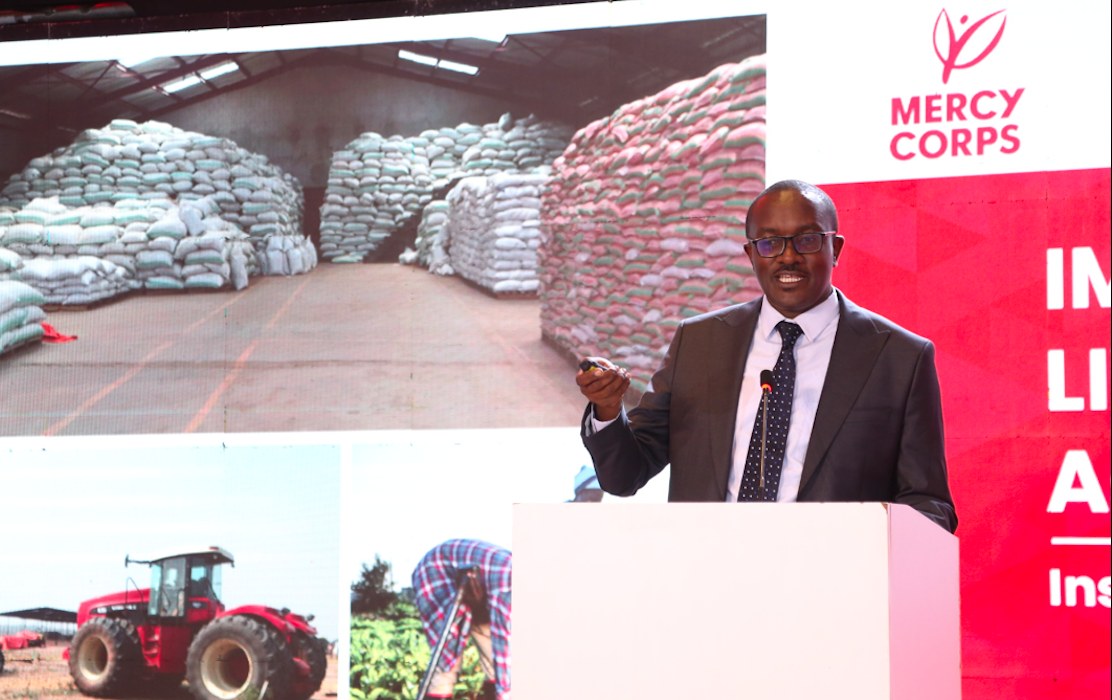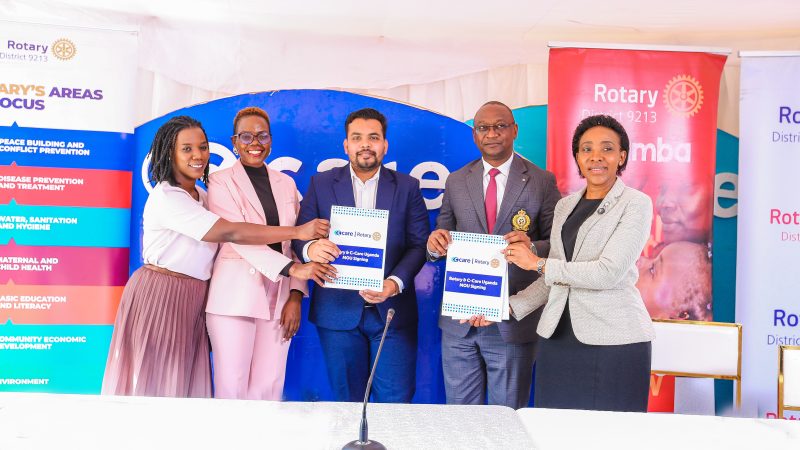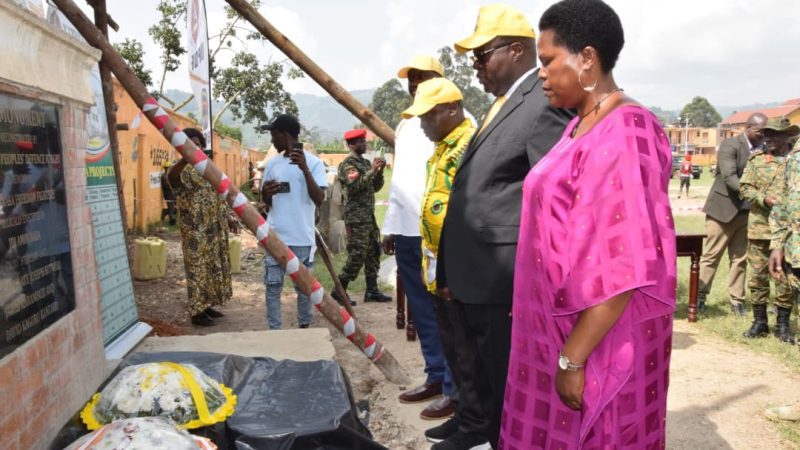Increasing access by SME agribusinesses to working capital, trade finance and the like– on terms that reflect their unique business needs—would make agribusiness market systems more sustainable, unlock opportunities for growth and employment, boost food security.
It’s a known fact that agribusinesses are a critical component of and major contributor to Ugandan economy by bringing growth and innovation to the communities in which businesses are established.
Agribusinesses have contributed significantly to job creation whereby absorbing marginalised segments such as women, youth and poor communities (township and rural population) and serving as the building blocks of the big national and regional corporation
A core mandate of NUTEC FS that started implementation in April 2019 is to boost agricultural production in Northern Uganda, a sector that employs over 70% of the population, by enabling innovative Agri lending that is gender inclusive and Climate smart, and thus unlocking some of the constraints to financing, catalysing market opportunities for input suppliers, agriculture producers, processors and aggregators/traders to drive employment and economic growth across Northern Uganda with the ultimate goal of enhancing the income of smallholders in Northern Uganda.
The FCDO funded programme has offered opportunities to access affordable financing to agribusinesses operating in Northern Uganda through Equity Bank. Emphasis is put on ensuring lending is transparent, gender inclusive and promotes climate smart agriculture. Improved/new lending financial products co-developed through Equity Bank include; production loan for producers of crops and livestock; assets finance for agricultural machinery; processing loan for working capital; marketing loan for commodity aggregators; and structured commodity finance for access through commodity collateral.
NUTEC-FS was supporting the bank through technical assistance with product development as well as capacity building for the Bank team. Capacity building to enable a better understanding of the agricultural sector and the different value chains necessary for lending in the sector.
Paul Kweheria– Team Leader of Nu-TEC Financial Services – articulated the programme’s achievements over the past 3 years;
“There was an addition of 6 new agribusiness products, as a consequence, Equity bank has expanded its agricultural lending market, (323% increase since launch of the programme); new channels to market development such as agribusiness assemblies and symposiums have been introduced ,as a consequence the bank has increased its risk appetite and appreciation of the agriculture sector in terms of where businesses opportunities are. The transformation of agribusiness lending unit is now leading Innovations in agri-lending for Northern Uganda, helping agribusinesses grow profitably and raising incomes of farming households linked to the financed businesses
Not only has NU-TEC FS achieve their developmental goals, they overcame numerous challenges throughout the programme’s duration, including; limited financial literacy among agribusiness; long turnaround time between the assessment and disbursement of loan facilities; limited ownership of the required securities among agribusiness; and limited access to financial services among women.
Anthony Kituuka, the Chief Executive Officer Equity Bank Uganda commented;
“Agriculture remains a key sector in our economy and at Equity, we chose to invest in up-scaling smallholder and medium-holder farmers because they play a key role in the growth of the economy. With the new/improved agri-lending products like the Structured Commodity Financing, farmers and agribusiness SMEs are effectively managing their liquidity and mitigating against risks related to the production, purchase and sale of farm outputs.”
Over the past 3 years 161,500 farming individuals have been supported with increased/improved access to climate information, markets, improved/climate-resilient inputs (e.g., seeds) and sources of financing and diversified livelihoods or income sources. The target (82,800) was exceeded by 158%. To measure its impact, NUTEC-FS commissioned a survey in March 2021 that found that almost one in five (18%) households in the North saw their real incomes go up by at least 15% since the programme started – despite Covid. The income boost was also reasonably gender balanced, with slightly more male-headed households (19%) than female-headed households (15%) seeing this increase or more. On top of that, over 80% of the smallholder farmers got improved access to climate information, markets, and/or better inputs, like climate-resistant seeds. Many diversified their income sources as well.










